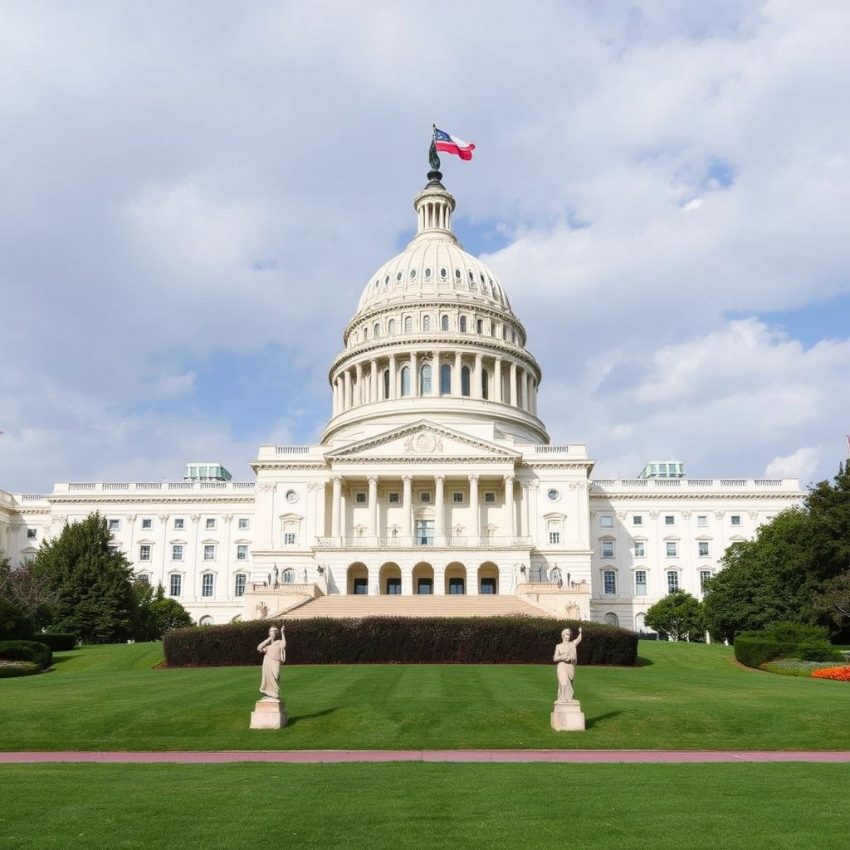Should 23andMe's Data Trove Be Under Congressional Scrutiny?
23andMe, the popular genetic testing company, has amassed a treasure trove of sensitive personal data – DNA profiles of millions of individuals. While the company promises valuable insights into ancestry and health predispositions, concerns are mounting about the security and ethical implications of holding such a vast and intimate dataset. This has led to calls for Congressional investigation into 23andMe's data handling practices.
The core issue revolves around data privacy and security. A data breach at 23andMe could have devastating consequences, exposing sensitive genetic information to malicious actors. This information could be exploited for identity theft, genetic discrimination, or even targeted biological attacks. While 23andMe assures users of robust security measures, the sheer volume and sensitivity of the data make it a prime target.
Beyond security breaches, questions linger around data sharing practices. 23andMe has partnerships with pharmaceutical companies, sharing anonymized genetic data for research purposes. While this research holds potential for groundbreaking medical advancements, it raises concerns about informed consent and the potential for data re-identification. Are users fully aware of how their data is being used, and are adequate safeguards in place to prevent their anonymity from being compromised?
Furthermore, the potential for law enforcement access to 23andMe's database raises serious civil liberty concerns. While the company states it resists unwarranted government requests, the legal framework governing access to genetic data remains murky. Could this data be used to identify suspects or their relatives, potentially leading to wrongful accusations or violations of privacy?
These concerns have prompted several privacy advocates and lawmakers to call for a Congressional investigation into 23andMe's data handling practices. Such an investigation should focus on several key areas:
- Data Security: A thorough assessment of 23andMe's security protocols and their effectiveness in protecting against cyberattacks and data breaches.
- Data Sharing: An examination of 23andMe's data sharing agreements with third parties, including pharmaceutical companies and research institutions, ensuring transparency and informed consent.
- Law Enforcement Access: A clear legal framework governing law enforcement access to genetic data, balancing the needs of investigation with individual privacy rights.
- Long-term Data Storage: A plan for the responsible long-term storage and disposal of genetic data, considering the evolving nature of technology and security threats.
A Congressional investigation is not about stifling innovation or demonizing genetic research. It's about ensuring responsible data handling practices that protect individual privacy and prevent potential misuse of sensitive genetic information. 23andMe holds a powerful key to unlocking the secrets of our DNA. It's crucial that this power is wielded responsibly and transparently, with appropriate oversight to safeguard the privacy and security of millions. The time for Congressional scrutiny is now.
What are your thoughts? Should Congress investigate 23andMe's data practices? Share your opinions in the comments below.
Don’t miss out on this exclusive deal, specially curated for our readers! HyperDrive Next 10 Port USB-C Hub
This page includes affiliate links. If you make a qualifying purchase through these links, I may earn a commission at no extra cost to you. For more details, please refer to the disclaimer page. disclaimer page.

